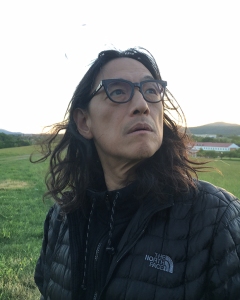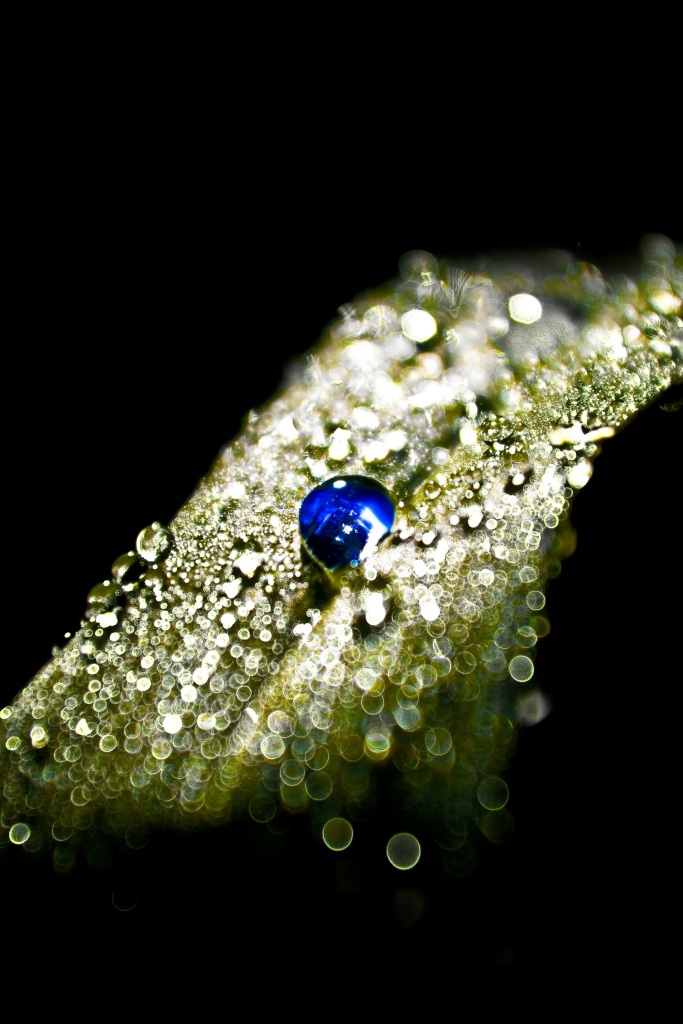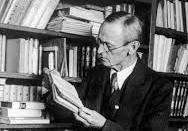writing school

we call it “the kitchen table writing school,” and every once in a while someone i love, someone who’s eager to put words to a page with more oomph or less ouch, wanders over and we plunk our bums down on the chairs, pull out pads of paper and pens, and have at it. might be muscular verbs, the lesson of the day. might be fluid lines of poetry. might be all about one-of-a-kind telling details, not a profligate slop of as many descriptives as can fit in a breath, but that one singular––and immediate––detail that telescopes layers of meaning and knowing into a single keen––and immediate––observation. (while i was poking around for a good example, i came across this, and can’t say it one iota better, so here’s this from the gotham writers’ workshop):
A telling detail does what it says: it tells the essence of what it’s describing. Telling details are the scotch tape holding up Susie’s hemline in the back, the tiny piece of ice that never seemed to melt in the bottom of Mom’s martini, the street sign on the corner that still says, to this day, SCHOOL CROSSING, though the school is long gone. A telling detail can speak volumes in a very short amount of time. They help you achieve a golden mean–enough description to paint the picture, but not so much as to weigh it down.
Chris Lombardi
so whilst i’m puttering about in my so-called quiet summery time, i gathered up a few fine thoughts on the subject of writing, a thread that draws together many of us here at the old maple table. so pull out your pens––or your pencils––and follow along…
first up, this delicious bit from rainer maria rilke, from his Notebooks of Malte Laurids Brigge:
“For the sake of a few lines one must see many cities, men and things. One must know the animals, one must feel how the birds fly and know the gesture with which the small flowers open in the morning. One must be able to think back to roads in unknown regions, to unexpected meetings and to partings which one has long seen coming; to days of childhood that are still unexplained, to parents that one had to hurt when they brought one some joy and one did not grasp it (it was a joy for someone else); to childhood illness that so strangely began with a number of profound and grave transformations, to days in rooms withdrawn and quiet and to mornings by the sea, to the sea itself, to seas, to nights of travel that rushed along on high and flew with all the stars — and it is not yet enough if one may think of all of this. One must have memories of many nights of love, none of which was like the others, of the screams of women in labor, and of light, white, sleeping women in childbed, closing again. But one must also have been beside the dying, one must have sat beside the dead in the room with the open window and the fitful noises.”
so luscious is this instruction, i might scribble it onto a square of paper, fold it, and tuck it into my pocket, to pull out and read at regular intervals.
and, in keeping with pens and pencils, naomi shihab nye, one of my favorite poets, plays right along…
ALWAYS BRING A PENCIL
by Naomi Shihab Nye
There will not be a test.
It does not have to be
a Number 2 pencil.
But there will be certain things —
the quiet flush of waves,
ripe scent of fish,
smooth ripple of the wind’s second name —
that prefer to be written about
in pencil.
It gives them more room
to move around.
no less than the great david bowie has this to say about writing:
“Never play to the gallery… Always remember that the reason that you initially started working is that there was something inside yourself that you felt that if you could manifest in some way, you would understand more about yourself and how you coexist with the rest of society. I think it’s terribly dangerous for an artist to fulfill other people’s expectations — they generally produce their worst work when they do that.
“…If you feel safe in the area that you’re working in, you’re not working in the right area. Always go a little further into the water than you feel you’re capable of being in. Go a little bit out of your depth, and when you don’t feel that your feet are quite touching the bottom, you’re just about in the right place to do something exciting.”
go a little bit out of your depth…maybe in writing, and in this thing called living…
and finally there’s nick cave who is something of a mystic, a mystic who happens to be in the business of making music, and lifting words from the soul and onto the page…
“There is more going on than we can see or understand, and we need to find a way to lean into the mystery of things…. and recognise the evident value in doing that, and summon the courage it requires to not always shrink back into the known mind.
“…The luminous and shocking beauty of the everyday is something I try to remain alert to, if only as an antidote to the chronic cynicism and disenchantment that seems to surround everything, these days. It tells me that, despite how debased or corrupt we are told humanity is and how degraded the world has become, it just keeps on being beautiful.”
on the lookout for the luminous as i step into this day, one that began with the rumbling of distant thunder and broke into a light show of celestial proportion, luring me leapingly from under my bedsheets…
and which of these thoughts spark deeper rumblings in you? might it be bowie’s “go a little bit out of your depth? or nick cave’s remaining alert to “the luminous and shocking beauty of the everyday”? or is there a telling detail you stumbled upon this week that won’t let you go? do tell…
(a few gremlins seem to have put my font through the wash, and shrunk it, and while i try to bring it back to size, apologies for the wee wee words here…)










